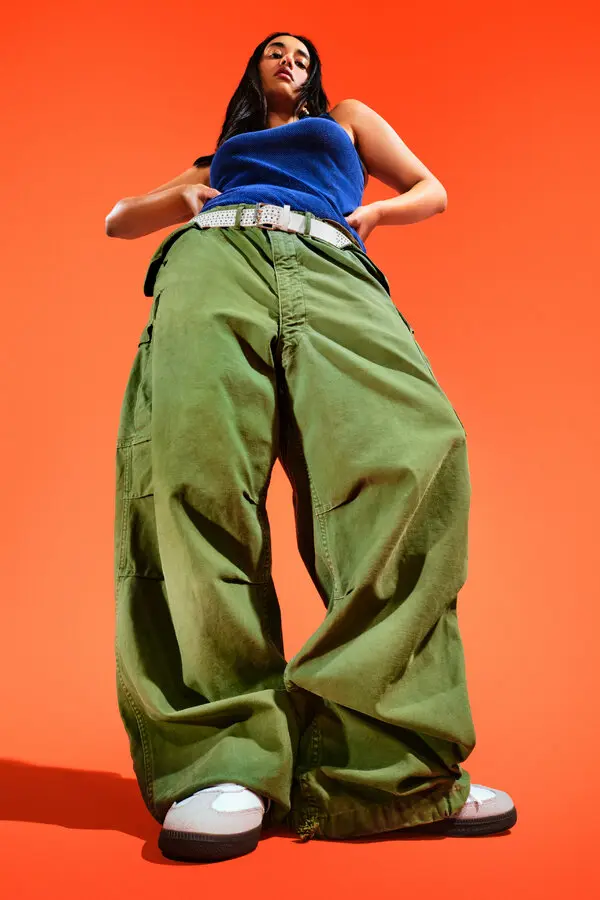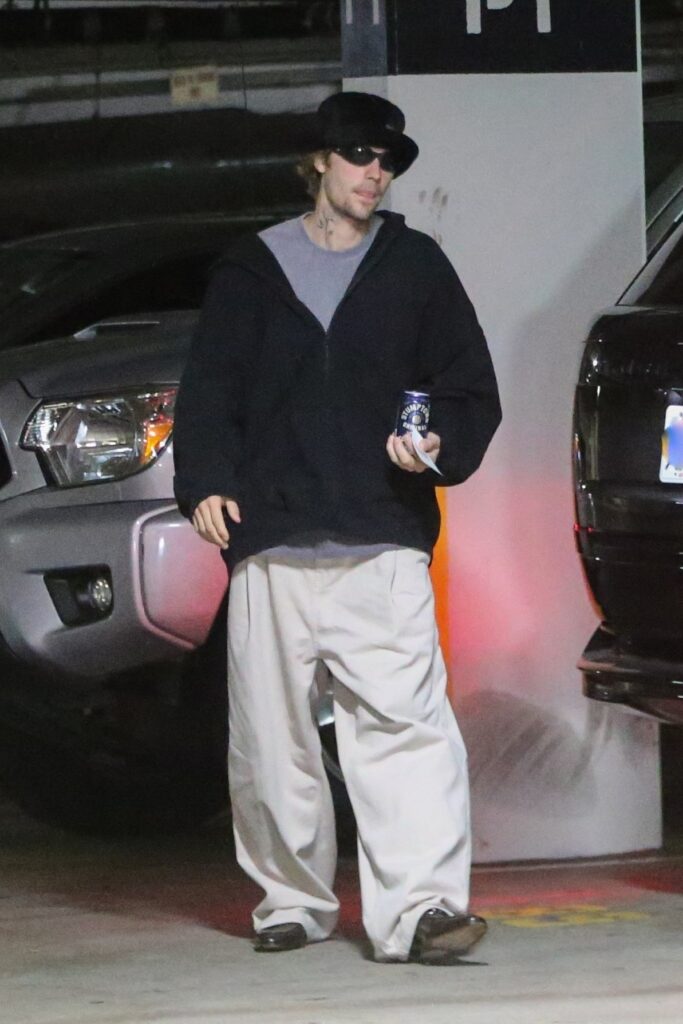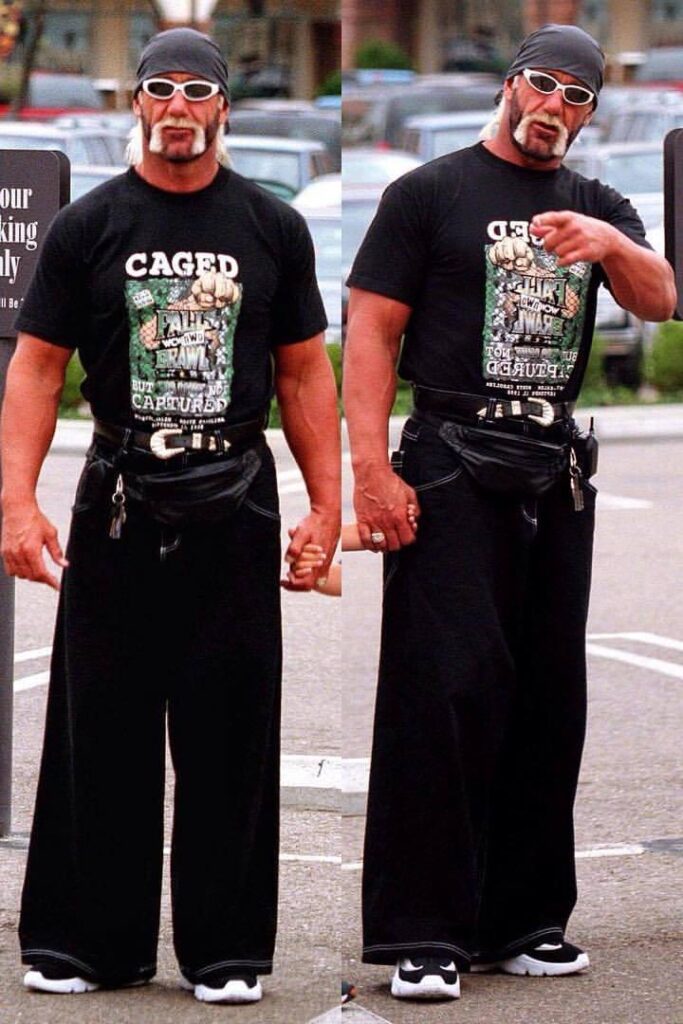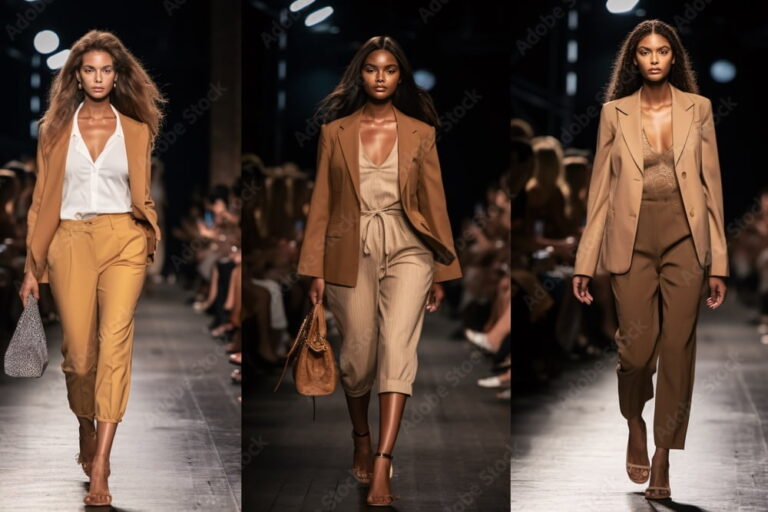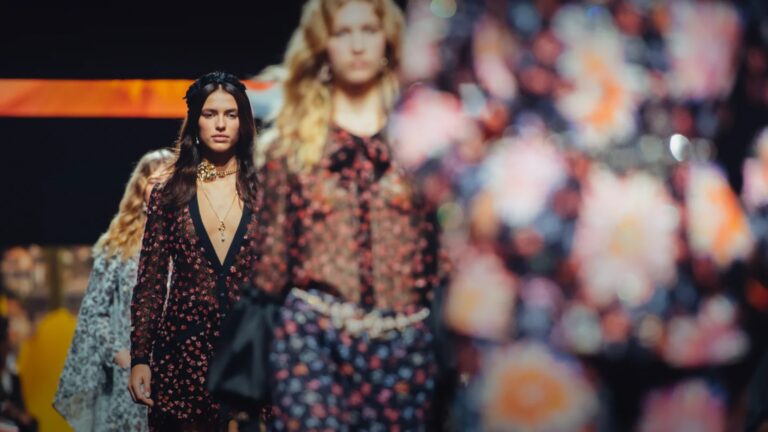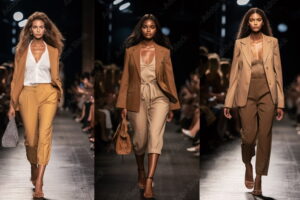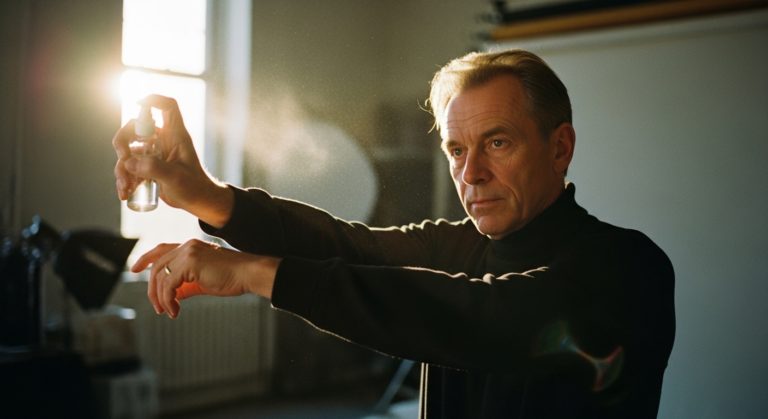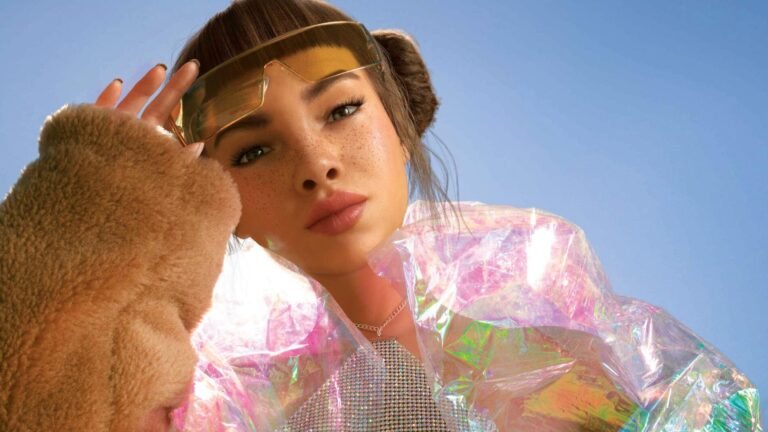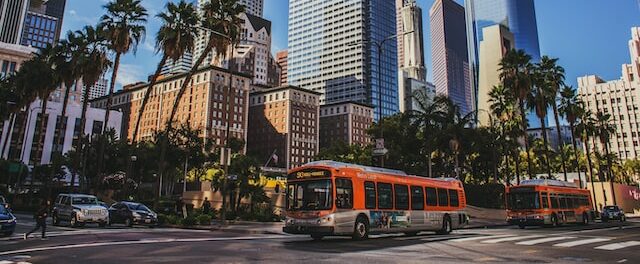A Trip Down Memory Lane: The History of JNCO
Founded in 1985 by the Seid brothers, JNCO (which stands for “Judge None, Choose One”) emerged from the streets of Los Angeles as a brand that would ultimately define the 90s fashion landscape. Initially, JNCO started as a brand focused on skate and surf culture, producing a variety of streetwear items. However, it was their iconic wide-leg jeans that catapulted them into the limelight.
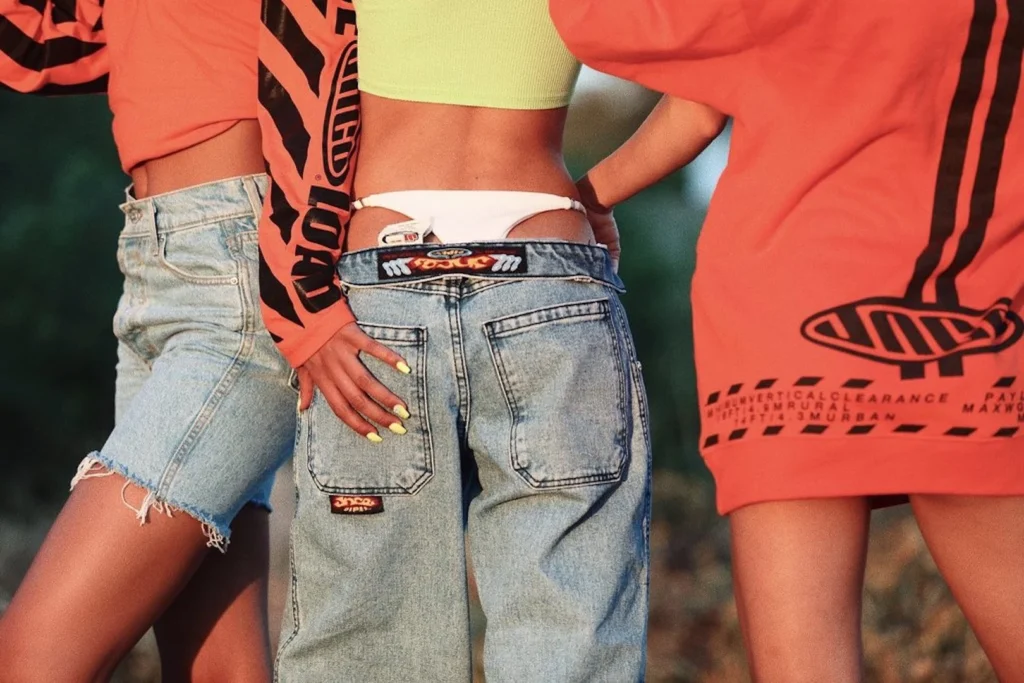
In the mid-90s, JNCO jeans became synonymous with youth culture, particularly among skaters, ravers, and hip-hop enthusiasts. The jeans were characterized by their extreme bagginess and unique designs, often featuring elaborate embroidery and bold graphics. The most recognizable models, such as the “Big D” and “Shark,” boasted inseams that reached 40 inches, creating a striking silhouette that was impossible to miss.
As JNCO gained popularity, it became more than just a clothing brand; it became a symbol of rebellion and non-conformity. The brand’s distinctive style resonated with a generation that sought to express individuality in an era dominated by mainstream fashion.
Who Wore JNCO Jeans?
JNCO jeans were a cultural phenomenon that crossed various subcultures and social circles. The brand found a devoted following among skaters, who appreciated the practicality and comfort of the baggy jeans while performing tricks. Ravers embraced the vibrant colors and patterns, making them a staple at music festivals and underground parties. Hip-hop artists also gravitated towards JNCO, sporting the jeans in music videos and on stage, further cementing their place in popular culture.
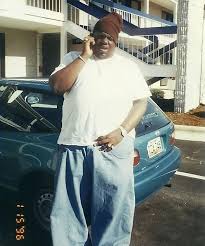
Some notable figures who wore JNCO jeans include:
- Rapper Biggie Smalls: The Notorious B.I.G. was known for his larger-than-life persona, and his choice of baggy JNCO jeans complemented his style perfectly.
- Influencers of the 90s: Many prominent figures in the 90s youth culture scene, such as skateboarders, artists, and musicians, adopted JNCO as a staple in their wardrobes.
- Pop Culture Icons: Celebrities from various backgrounds, including actors and musicians, were spotted wearing JNCO, contributing to its rise as a fashion statement.

The Resurgence of JNCO in the Modern Era
Despite its decline in the early 2000s as fashion trends shifted towards slimmer silhouettes, JNCO has experienced a remarkable resurgence in recent years. Several factors contribute to the brand’s revival:
- Nostalgia: The 90s nostalgia wave has influenced various aspects of culture, from music to fashion. Many millennials and Gen Z individuals, who may not have experienced the original JNCO craze, are drawn to the brand for its retro appeal.
- Streetwear Movement: The rise of streetwear as a dominant force in contemporary fashion has revived interest in oversized clothing. JNCO’s signature baggy style aligns perfectly with the current trends, appealing to a new generation of fashion enthusiasts.
- Collaborations and Limited Editions: JNCO has leveraged its heritage by releasing limited-edition collections and collaborations with modern streetwear brands and artists. This strategy not only attracts nostalgic consumers but also introduces the brand to younger audiences.
- Social Media Influence: Platforms like Instagram and TikTok have become powerful tools for fashion revival. Users share their vintage finds and styling tips, leading to increased visibility and interest in brands like JNCO.
Cyclical Nature of Fashion
The story of JNCO is a testament to the cyclical nature of fashion and the enduring impact of youth culture. From its rise in the 90s as a symbol of rebellion to its resurgence in today’s streetwear landscape, JNCO remains a beloved brand that resonates with both nostalgia and modernity. Its history, characterized by iconic designs and diverse wearers, ensures that JNCO is not just a relic of the past but a vibrant part of contemporary fashion. As long as there is a yearning for self-expression and individuality, JNCO will continue to thrive, proving that true style never goes out of fashion.

